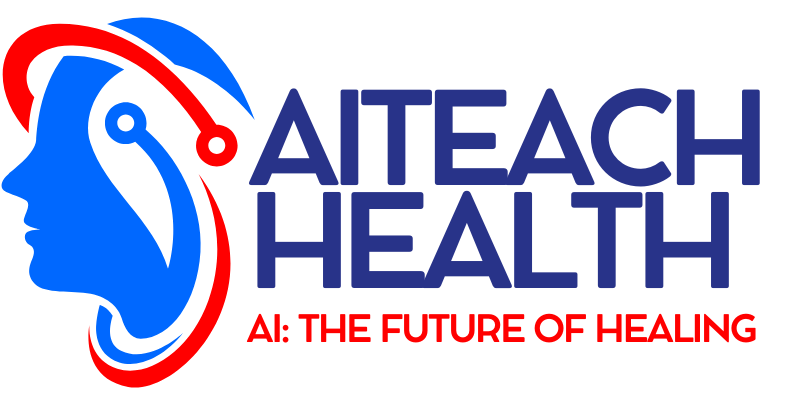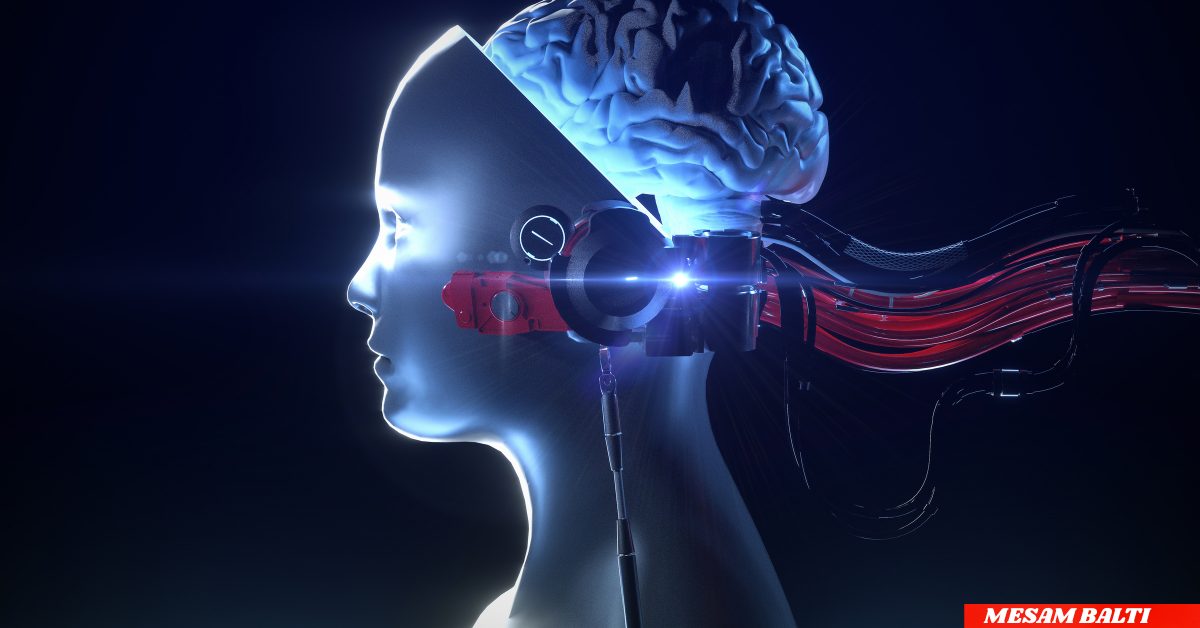Introduction
Picture a world in which your doctor gets an alert that you might be at risk of a disease before you even walk in the door. Sounds like science fiction, right? With progress in predictive healthcare, this is happening. Artificial intelligence (AI) is revolutionizing medicine by sifting through enormous databases in search of patterns that may not be apparent to human doctors.
A case in point:
putting AI to work discovering “combinations of drugs that are already approved for other conditions that can be reintroduced to actually treat diseases.” Whether it’s heart disease or shoplifters, the ability of A.I. to find patterns in the human boil of data that is our modern world offers an opportunity to make life safer, healthier, more convenient and profitable.
In this post, we’re going to look at what predictive healthcare is, how it works, what the benefits are, some use cases of predictive healthcare in action and what the future might hold for this industry disruptive technology.
What Is Predictive Healthcare?
Predictive healthcare leverages AI and machine learning to interpret health data and predict future health risks. Digging into electronic health records (EHRs), genetic information and other lifestyle elements that an AI program can search for patterns that might be missed by a human eye and it results in a physician being able to act early, often staving off serious outcomes.
How Is AI Helping with Early Detection of Illness?
Here are the algorithms on which AI systems, that boilarazsa rely:
- Medical imaging: X-rays, MRIs and CT scans.
- Patient records: Lab test results, vital signs and medical histories.
- Wearables: Heart rate, sleep and activity.
- Genetic data: DNA sequences for predicting hereditary risks.
These sysetems notify for anomalies, such as small differences from a previous scan could suggest the early stages of diseases such as cancer or Alzheimer’s. For example, Google’s DeepMind has produced AI that can spot diabetic retinopathy with 94% accuracy — matching human specialists.
Why Early Detection Matters
Diagnosing diseases early can have a huge impact. For cancer, the World Health Organization determined that early detection can mean up to a 70% reduction in fatality rates. Predictive healthcare offers:
- Better prognosis: Prompt attention is linked to complete recovery.
- Lower costs: Avoiding the need for surgery or a hospital stay for a serious illness.
- Personalized care: Machines design treatment plans based on patients’ individual risk profiles.
Case Study: Heart Disease Prediction
One 2021 Stanford University study employed AI to estimate the risk of heart disease through analysis of ECG data. The algorithm spotted at-risk patients with 85 percent accuracy, even when conventional methods detected no danger. That let doctors advise changes in lifestyle or medication before a heart attack happened.
Key Technologies Powering Predictive Healthcare
1. Machine Learning and Deep Learning
Modeling of machine learning is the learning of future behavior by looking at past behaviors. Deep learning, a form of machine learning, is particularly well-suited for handling unstructured data, like images and text. IBM Watson, for example, uses deep learning to analyze mammograms for early signs of breast cancer.
2. Natural Language Processing (NLP)
NLP allows AI to read between the lines of unstructured medical records like a doctor’s note. This helps to uncover risk factors hidden in patient histories.
3. Wearable Technology Integration
Products like Fitbits and Apple Watches track real-time data on heart rate, sleep and activity. From here, AI can sift through the data, spotting anomalies like arrhythmias before they grow worse.
4. Genomic Analysis
Through AI, genomic tools can recognize mutations associated with diseases such as cancer or rare genetic diseases. Companies such as 23andMe leverage AI to deliver personalized health risk reports from DNA.
Real-World Applications of Predictive Healthcare
Cancer Detection
AI tools such as those from PathAI process tissue samples to identify cancer cells more accurately than traditional pathology. AI at a UK hospital in 2023 led to detection of lung cancer in 30 percent more people than standard methods allowed, so they started treatment sooner.
Alzheimer’s and Neurological Disorders
AI models can predict Alzheimer’s up to six years before there are symptoms by analyzing brain scans and cognitive test results. This can help with early intervention, like a change in lifestyle or trying out a new drug in a clinical trial.
Infectious Disease Outbreaks
In the COVID-19 pandemic, A.I. systems like BlueDot used analysis of travel and news reports to predict outbreaks and help plan a government response before cases surged.
Challenges and Ethical Considerations
- Privacy: The patient data should be kept secure and out of reach of the hacking.
- Algorithms That are Biased: AI trained on biased data sets that misdiagnoses some groups.
- Unequal Access: More advanced AIs are mostly available just in well-funded hospitals.
Regulators are developing frameworks such as the EU’s AI Act to address the above and safeguard against unethical use of AI in healthcare.
Overcoming Bias in AI
To minimize bias, AI programmers are exposing the technology to an assortment of data that encompasses multiple ethnic and gender groups and socioeconomic levels. For example, Stanford’s AI team are now working with global patient data to improve predictions of heart disease across continents.
The Future of Predictive Healthcare
AI in healthcare has so much potential. The market for AI in healthcare is projected to be worth $187 billion globally by 2030, according to Statista. Future advancements may include:
- AI-enabled virtual assistants: Nudging patients on prevention.
- Monitoring as it happens: Wearables that tell doctors when you’re at risk immediately.
- Telemedicine integration: Bringing predictive tools into more rural areas.
Already hospitals are trialing such AI systems, a fusion of predictive analytics and robotic surgery that is accurate not just in diagnosis, but in treatment.
FAQs
What is predictive healthcare?
Predictive medicine applies AI to analyze data and predict the risk of a particular disease early enough that action can be taken.
What is the accuracy of AI detecting diseases?
Some conditions, like diabetic retinopathy or breast cancer, can be diagnosed by AI at a higher rate of accuracy than by human experts — 90% or more.
Is predictive healthcare safe to use?
Regulated and trained on diverse data, AI is safe and effective, with privacy and bias concerns that can be managed.
Can AI predict all diseases?
Not yet. AI is especially good at uncovering patterns in data-rich environments, such as cancer or heart disease, but does not work as well for diseases that are rare or not well understood.
Conclusion
Predictive healthcare is transforming the way we approach medicine, where AI is being used to identify diseases long before any symptoms appear. From cancer to heart disease, the capacity of A.I. to analyze huge volumes of data holds the promise of earlier diagnoses, improved outcomes and lower medical costs. And yet, even with obstacles such as data privacy and bias, progress is being made to create a much healthier future. Stay up to date on this exciting field — subscribe to our newsletter or leave your comments in the Comments section below!



